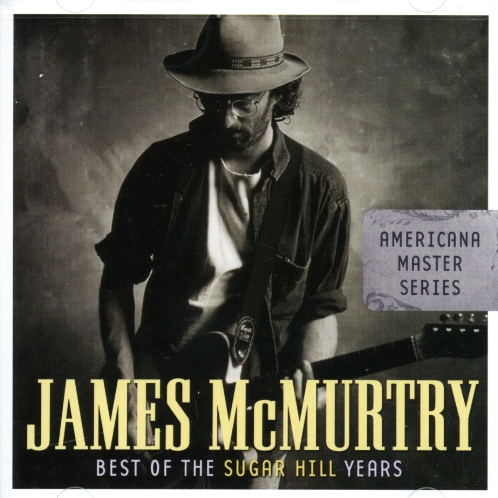
Taylor, Deshawn
product information
description
irth will have an abortion in their lifetime. Abortion is common. It's everyday. It's healthcare. Abortion is a moral choice for people who despite the shouting voices around them understand that they have the ability to control their fertility the way people with uteruses have for thousands of years and as they will continue to do for thousands of years to come, no matter the barriers thrown in their path. These people understand that being human means controlling the trajectory of their lives. When faced with a dangerous or unwanted pregnancy, they gather the strength to put away the self-serving opinions of others and listen to their hearts. Undue Burden argues for these people and for abortion as a moral good using the framework of Reproductive Justice. It lays out why it's no longer enough for us to say we're pro-choice, but instead we must proudly proclaim to be pro-abortion. It illustrates how when we force people to continue pregnancies and bring children into the world without providing any of the support systems to help sustain them, we are creating conditions of misery. Through the lens of Reproductive Justice, Undue Burden explains why anti-abortion extremists actually want this misery to exist. It's time to reclaim the moral high ground from the anti-abortion movement. Undue Burden utilizes the tools of Reproductive Justice to allow pro-abortion advocates to:
- Use Christian doctrine to refute extremist Christians
- Build intersectional coalitions between diverse groups
- Establish abortion care as necessary healthcare
- Center the voices of those most affected by anti-abortion laws: Black people, POC, Indigenous people, people with disabilities, LGBTQ+ people, and the economically disadvantaged.
- Critique why "pro-choice" is no longer the way forward.
- Examine how and why abortion was criminalized in the first place.
- Understand the various forces of oppression including racism, ableism, misogyny, white supremacy, heteronormality, and how they intersect with the anti-abortion movement.
Author Dr. DeShawn Taylor tells stories of her life, medical training, and practice to center the everyday situations of everyday people struggling with forces outside their control like unaffordable childcare, lack of access to health care, insufficient paid time off, and unsafe communities. She argues that only when we reframe abortion as a social justice issue can we take back the moral high ground from the extremist Christians and "family values" politicians who have controlled the conversation for far too long.
Dr. Taylor shows that ensuring that all people have the right to not have children, have children, and to parent children in safe and healthy communities is the only way to remove the undue burdens that plague our most vulnerable communities.member goods
No member items were found under this heading.
Return Policy
All sales are final
Shipping
No special shipping considerations available.
Shipping fees determined at checkout.







